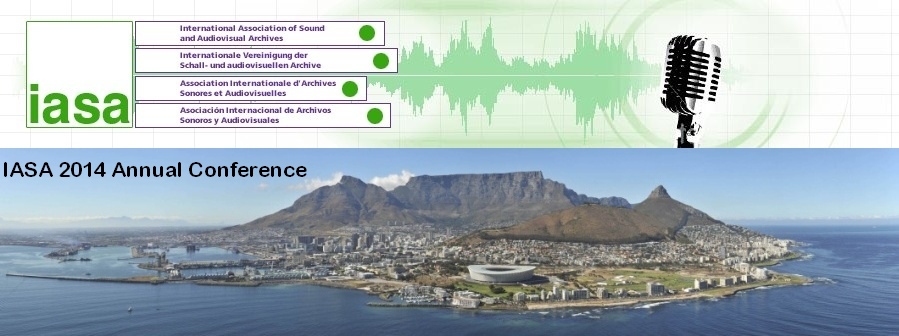The internet offers possibilities, forever expanding, for dissemination of research archival holdings. And, with the huge growth in available data, and as the internet’s reach increases to communities across the globe, the potential the technology presents for ‘connecting communities’ is truly exciting. The proliferation of projects focussing on data exploration innovations in analytics, modelling and visualisation (for example) and on interactivity (crowd-sourcing for example) have us believe that ‘the sky’s the limit’.
The potential can best be realised, however, if we have clean, detailed and standardised datasets – within and between archives. One imagines a Zulu umakhweyana (braced musical bow) player from South Africa connecting with recordings of the berimbau (braced musical bow) from northern Brazil, for example. To establish this connection of cultures, cataloguing/description/tagging into a computer, by humans, is necessary. On the receiving end, an enquiry, originating from human need and/or curiosity and entered into a computer, is required. Based in part on ideas of human-computer interaction (HCI) [Card, Moran and Newell The Psychology of Human-Computer Interaction, 1983] and using empirical examples from the World and Traditional Music’s research collections at the British Library, this paper explores a range of methods for ‘collaborative archiving’ that experiment with sharing information and resources between institutions and individuals to harness knowledge and to connect our respective research and user communities. In this way more of the data becoming available may become available for the data exploration techniques offering potential of new insights and added value.
Surname (author 1):
Topp Fargion
Institution:
The British Library
Country:
UNITED KINGDOM
Presentation type:
spoken paper
Date:
8 October Wednesday
Start time:
0800
Venue:
CFB Auditorium
Abstract:
